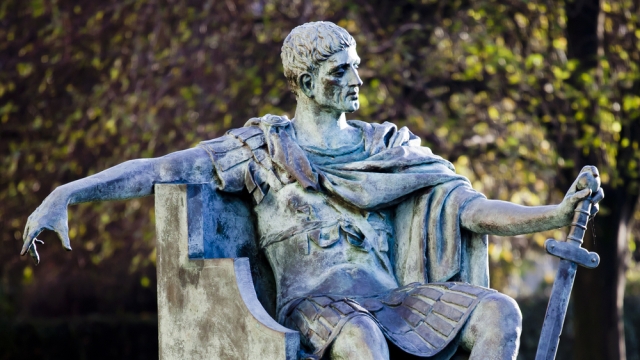What we know — and don’t know — about creativity

Photo credit: Toa Heftiba on Unsplash
I think that we’re starting to understand creativity but it’s a really, really hard thing to study because there are many different types of creativity. There are many manifestations of creativity. It’s not like an overarching entity. You are or you are not creative. You can be creative in different ways and there are different ways of having creative insights. So psychologists are a little bit limited in that they have to study things in a laboratory and so they have to have an artificial paradigm.
And so they try to figure out well okay how can I approximate creativity? So that’s why you get a lot of these studies that looked at the Eureka moment, the aha moment where you are able to put things together in a new way. That’s one way that you can study creativity and we’re learning a lot about that. We’re learning how people can become better at that but once again that’s a very, very specific type of creative thinking and being good at those eureka problems is not the same thing as being more creative overall.
What we do know that something that everyone can do is that for whatever reason being in nature helps people become better at problem solving. So being surrounded by trees, by water, those types of things. For whatever reason make people better able to have insights into think of imaginative solutions so it’s not just Eureka moments it’s also, you know, you become better about brainstorming, the quality of your brainstorm ideas becomes deeper. And the more that we actually the more we learn to pay attention the more we focus on things. That’s also the other part of the puzzle. There is this focus part of creativity.
People always say that it’s taking the breaks and those brakes are incredibly important but you have to realize that for Holmes and for any other creative person there’s also a lot of hard work that comes before and you can’t distract yourself while you’re doing that. So Holmes does have these bouts of intense thinking and concentration were he’s really mulling over the problem before he takes his break. The insight comes in a second but there are different parts of that. So I think we can train or concentration. We can take more walks in natural habitats and those are the things we definitely know can help.
It’s a field that getting more and more attention. I think people would really love to know how to become more creative. And the good news is that you can become more creative and I think that everyone has a certain degree of creativity in them. It’s not the type of thing – you can’t say, “Oh, I’m not a creative person.” I don’t think not-creative people exist.
In Their Own Words is recorded in Big Think’s studio.





